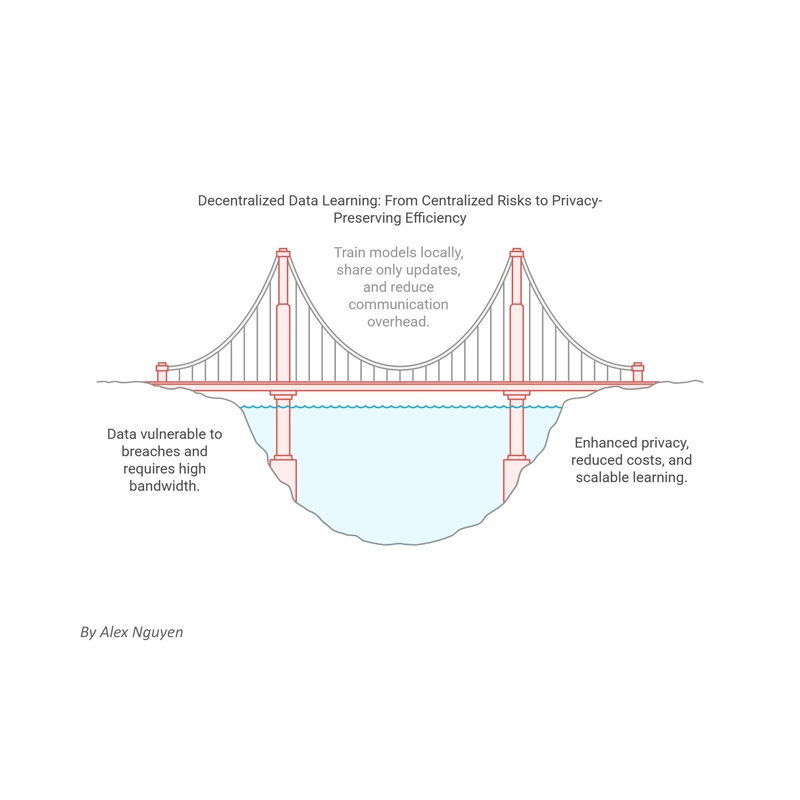From Stargazing to Programming: How the Cosmos Guided My Journey
When I look up at the night sky, I feel a deep connection to something bigger than myself. The stars, planets, and galaxies remind me that our time on Earth is limited — an average human life lasts around 100 years. Maybe in the future, technology and medical advancements will allow humans to live longer. Maybe we’ll even travel to other planets. Today, not everyone can become an astronaut or physically go into space. But we can still contribute to exploring the universe through technology and programming. I realized that space exploration depends heavily on technology: Spectrometers (like the Light Spectrometer) help us analyze a planet’s atmosphere and surface composition. They tell us if a planet might be habitable or even show signs of life. Simulations help scientists model the Big Bang theory, the formation of galaxies, and predict the future of our universe. Voyager 1 — the farthest human-made object — carries not just mechanical engineering but onboard computer systems programmed to communicate across billions of kilometers. Artificial satellites use complex programming to orbit, collect data, and even adjust their paths automatically. Space telescopes like the James Webb Space Telescope rely on sophisticated software to capture, correct, and transmit high-quality images of galaxies formed just after the Big Bang. Seeing how all these technologies work together inspired me to learn programming. Coding is like building a bridge between human curiosity and the mysteries of the universe. By learning to code, I felt I could be part of something bigger — helping humanity reach the stars through science and technology. A Small Step: Building CosmoTalker As I started learning programming, I created a small project called CosmoTalker — a Python library designed to bring basic space knowledge directly to users. It allows users to interactively explore information about celestial objects, recent space news, satellites, and more. CosmoTalker even lets you access some features offline, making it easier for anyone passionate about space to learn and stay inspired — just like how stargazing inspired me. Today, every program I write feels like a small step toward that dream. Maybe someday, the programs I create will help discover a second Earth... or power a spacecraft to a new star system. What inspired you to get into tech? Let me know in the comments!

When I look up at the night sky, I feel a deep connection to something bigger than myself.
The stars, planets, and galaxies remind me that our time on Earth is limited — an average human life lasts around 100 years.
Maybe in the future, technology and medical advancements will allow humans to live longer.
Maybe we’ll even travel to other planets.
Today, not everyone can become an astronaut or physically go into space.
But we can still contribute to exploring the universe through technology and programming.
I realized that space exploration depends heavily on technology:
Spectrometers (like the Light Spectrometer) help us analyze a planet’s atmosphere and surface composition.
They tell us if a planet might be habitable or even show signs of life.Simulations help scientists model the Big Bang theory, the formation of galaxies, and predict the future of our universe.
Voyager 1 — the farthest human-made object — carries not just mechanical engineering but onboard computer systems programmed to communicate across billions of kilometers.
Artificial satellites use complex programming to orbit, collect data, and even adjust their paths automatically.
Space telescopes like the James Webb Space Telescope rely on sophisticated software to capture, correct, and transmit high-quality images of galaxies formed just after the Big Bang.
Seeing how all these technologies work together inspired me to learn programming.
Coding is like building a bridge between human curiosity and the mysteries of the universe.
By learning to code, I felt I could be part of something bigger — helping humanity reach the stars through science and technology.
A Small Step: Building CosmoTalker
As I started learning programming, I created a small project called CosmoTalker — a Python library designed to bring basic space knowledge directly to users.
It allows users to interactively explore information about celestial objects, recent space news, satellites, and more.
CosmoTalker even lets you access some features offline, making it easier for anyone passionate about space to learn and stay inspired — just like how stargazing inspired me.
Today, every program I write feels like a small step toward that dream.
Maybe someday, the programs I create will help discover a second Earth... or power a spacecraft to a new star system.
What inspired you to get into tech? Let me know in the comments!

















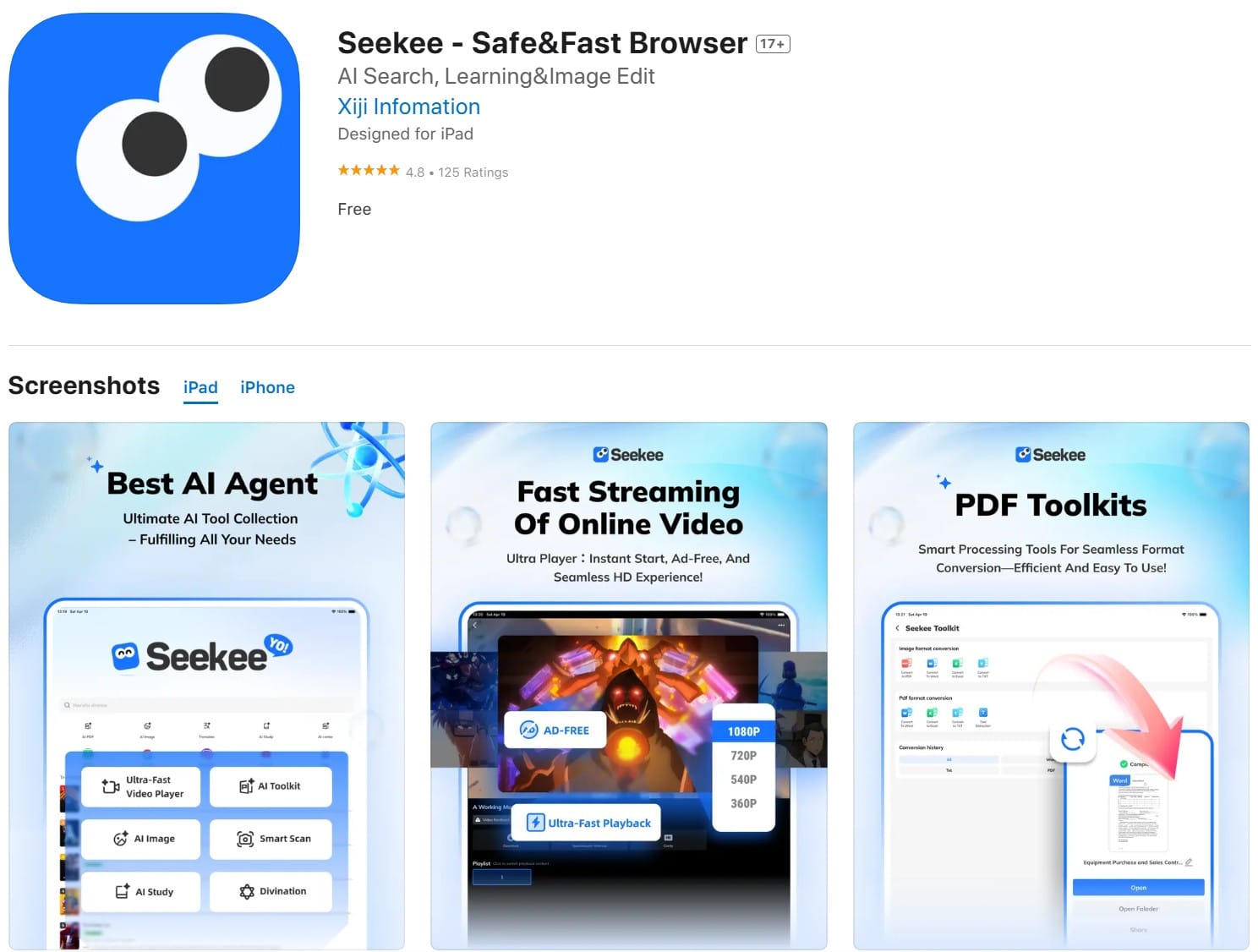












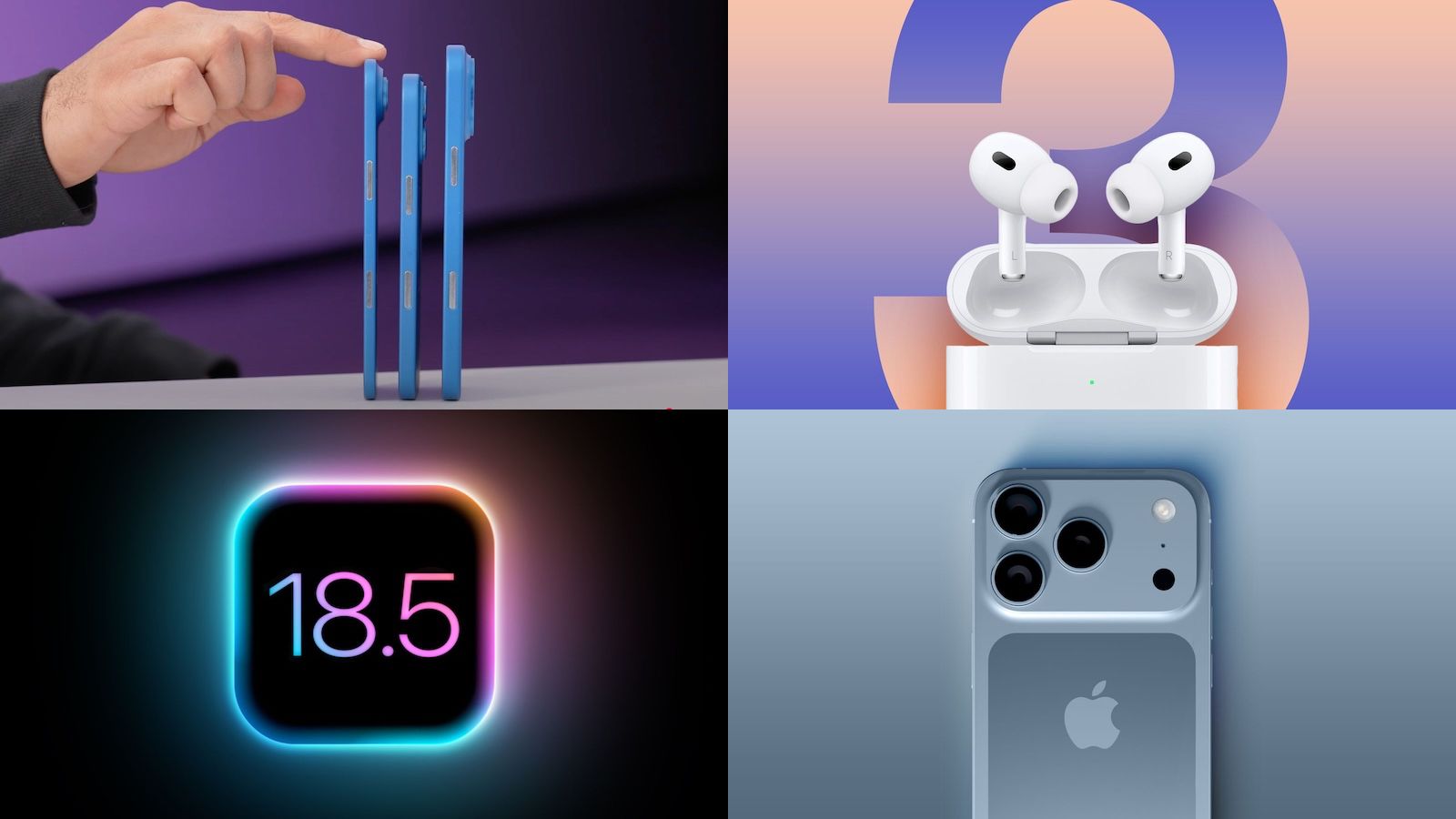








































![Apple Smart Glasses Not Close to Being Ready as Meta Targets 2025 [Gurman]](https://www.iclarified.com/images/news/97139/97139/97139-640.jpg)
![iPadOS 19 May Introduce Menu Bar, iOS 19 to Support External Displays [Rumor]](https://www.iclarified.com/images/news/97137/97137/97137-640.jpg)

![Apple Drops New Immersive Adventure Episode for Vision Pro: 'Hill Climb' [Video]](https://www.iclarified.com/images/news/97133/97133/97133-640.jpg)


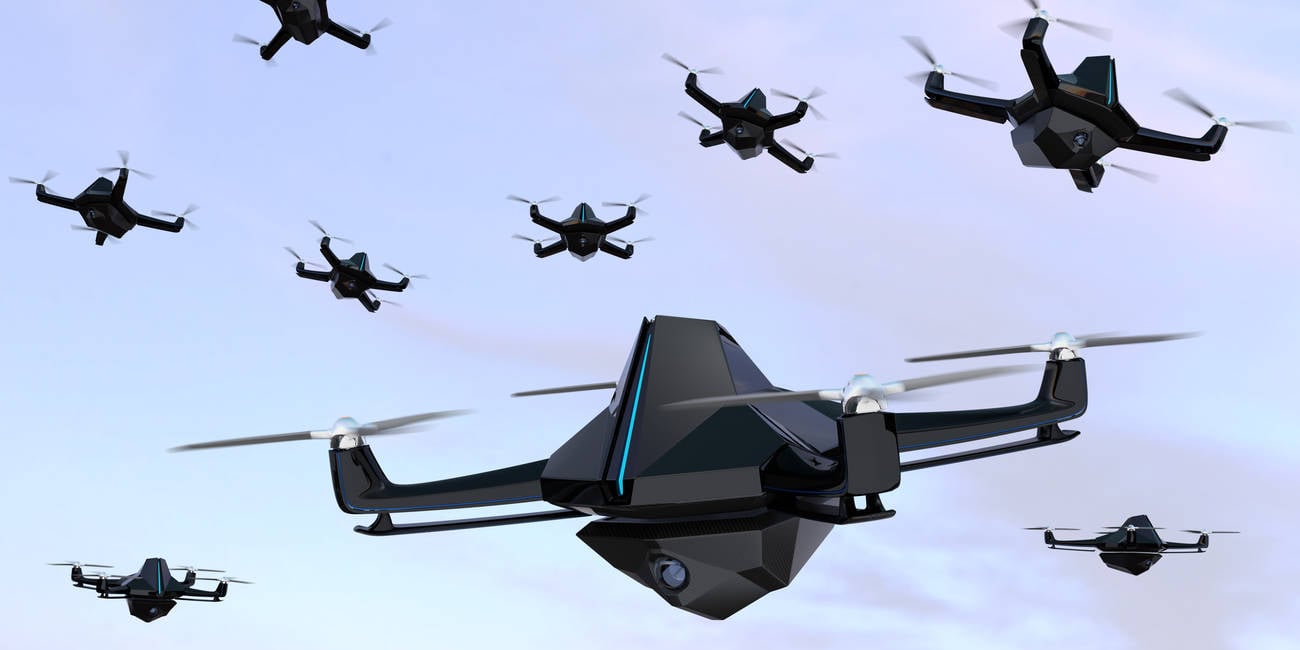












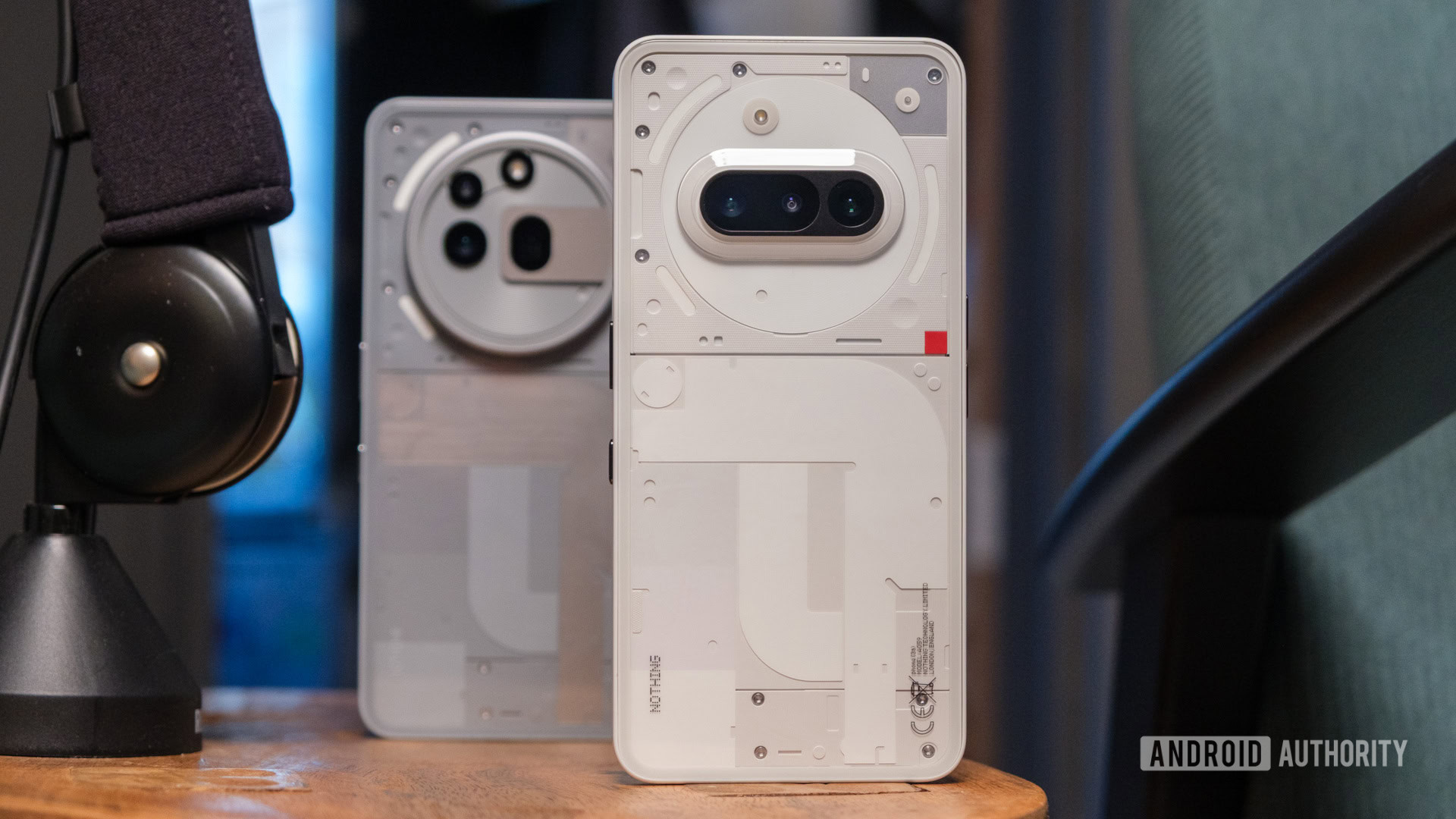
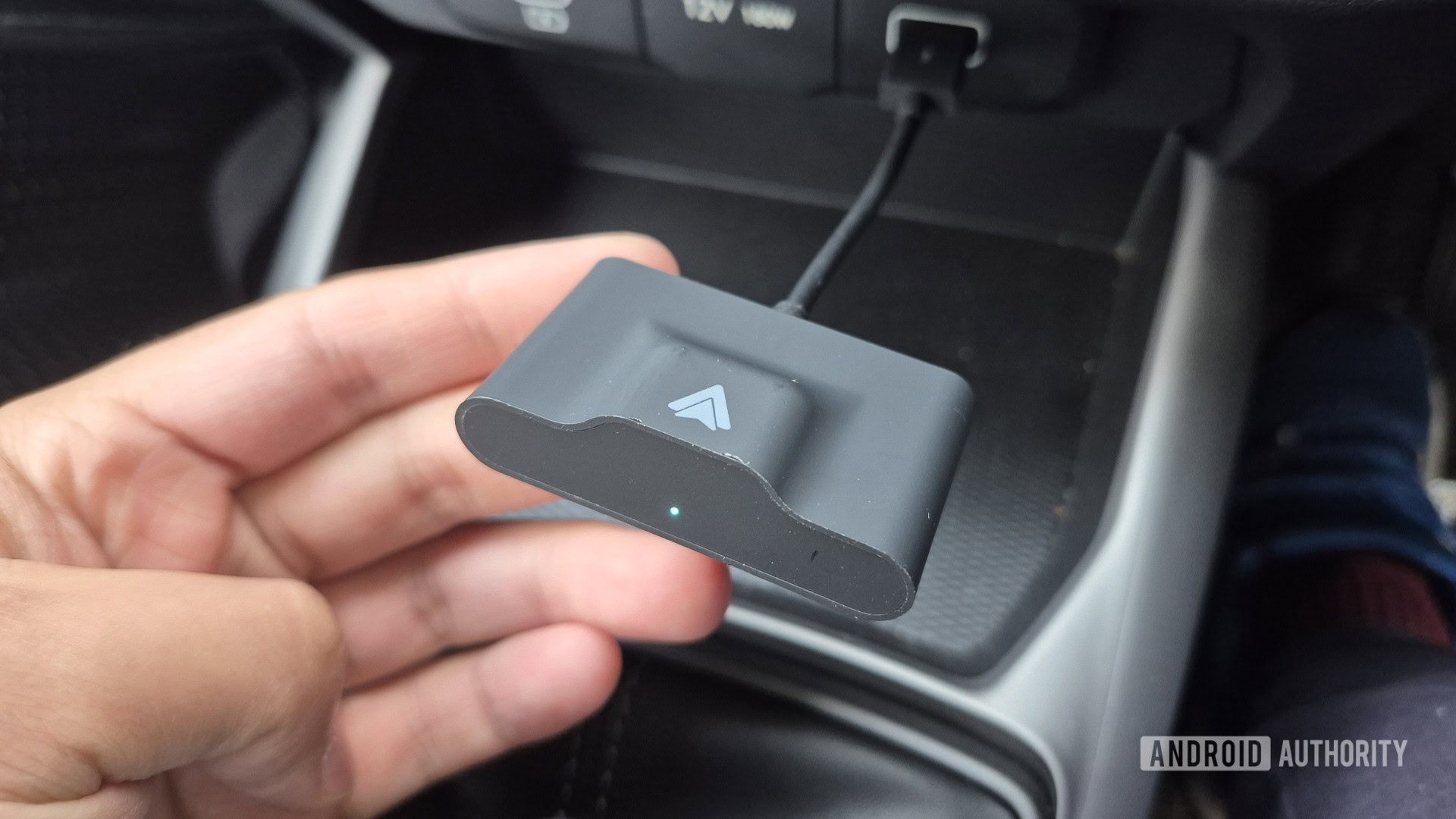




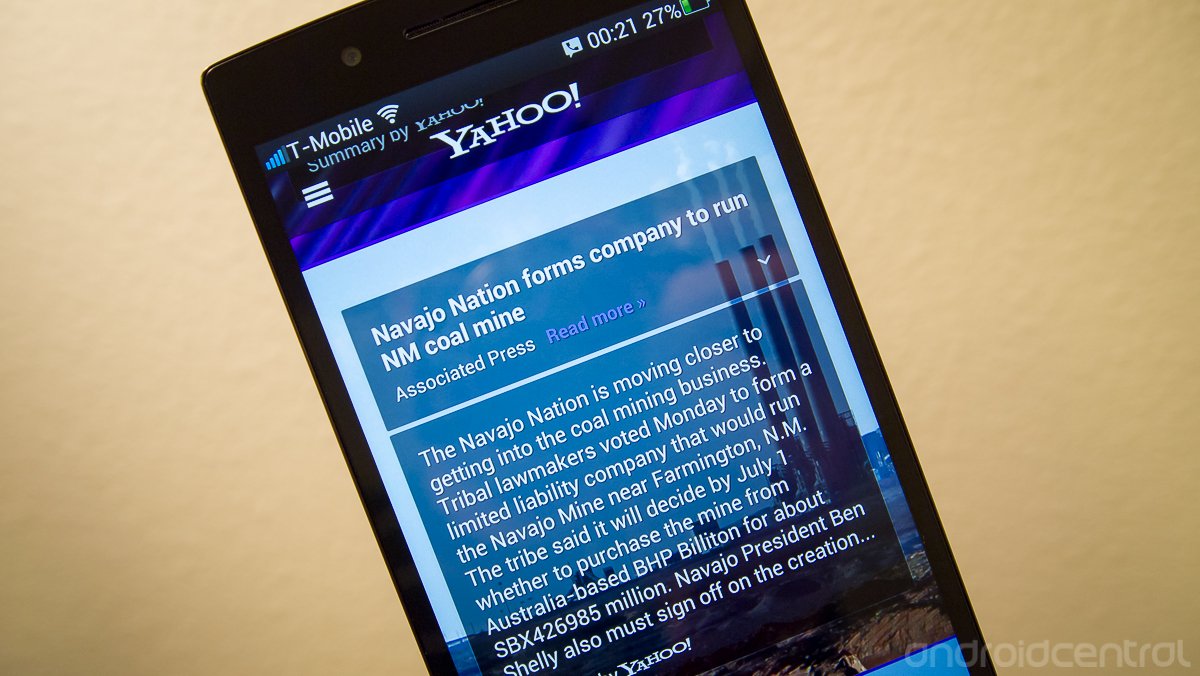
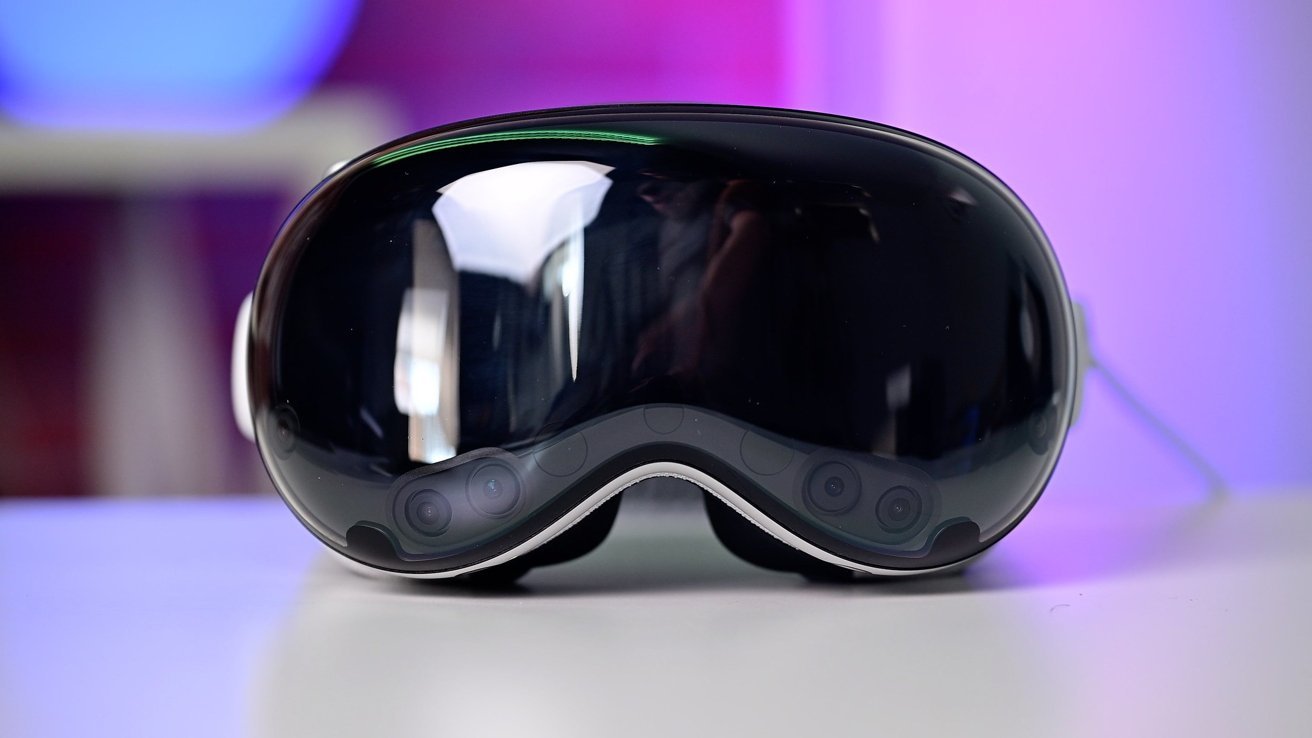





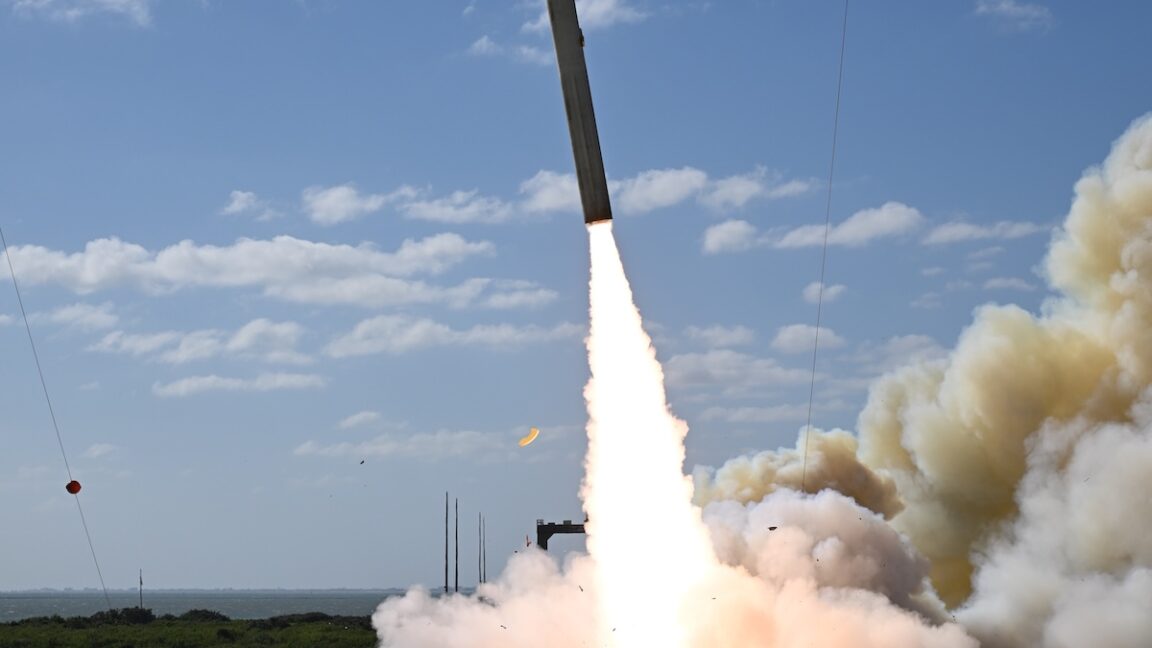





















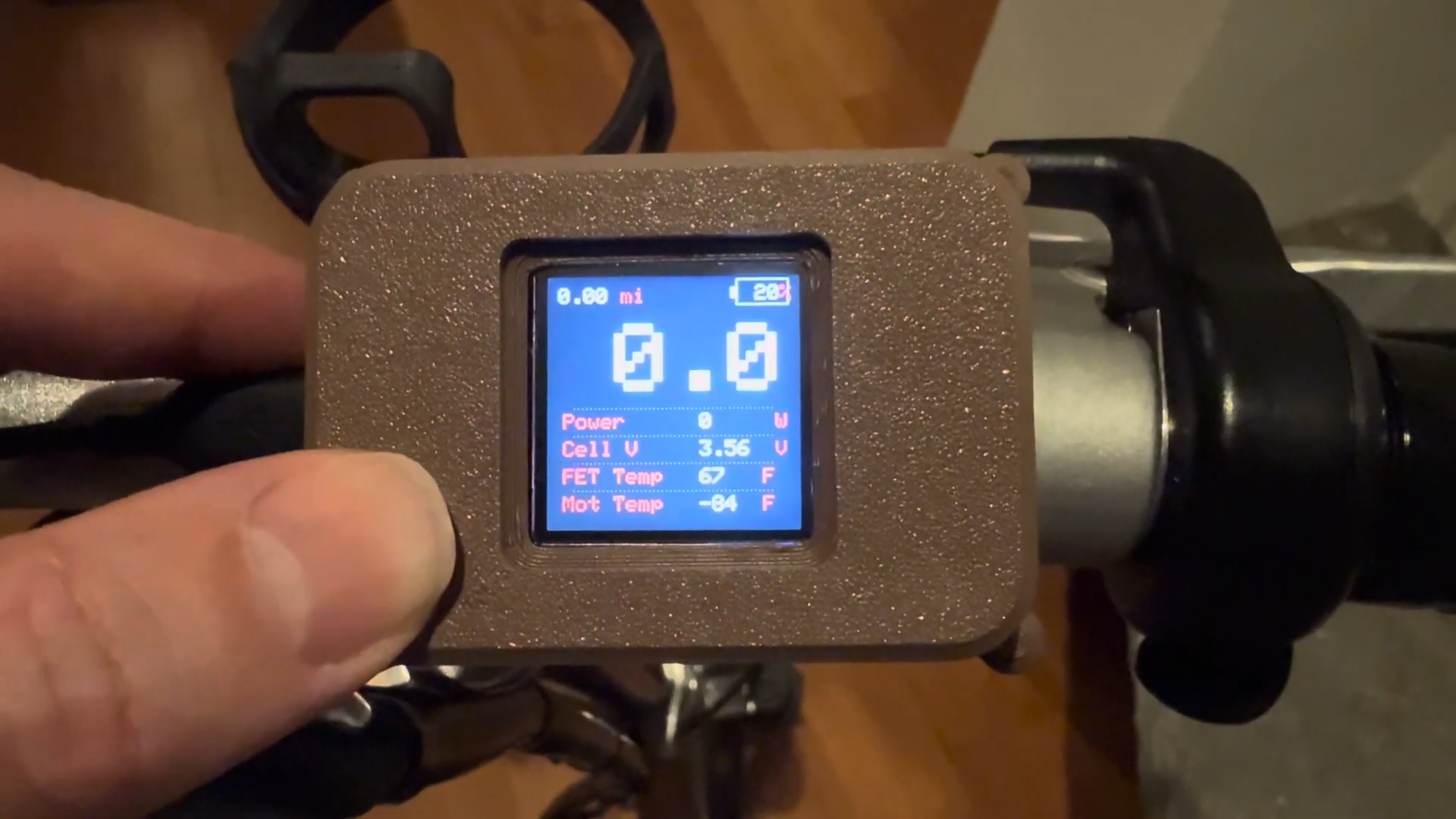
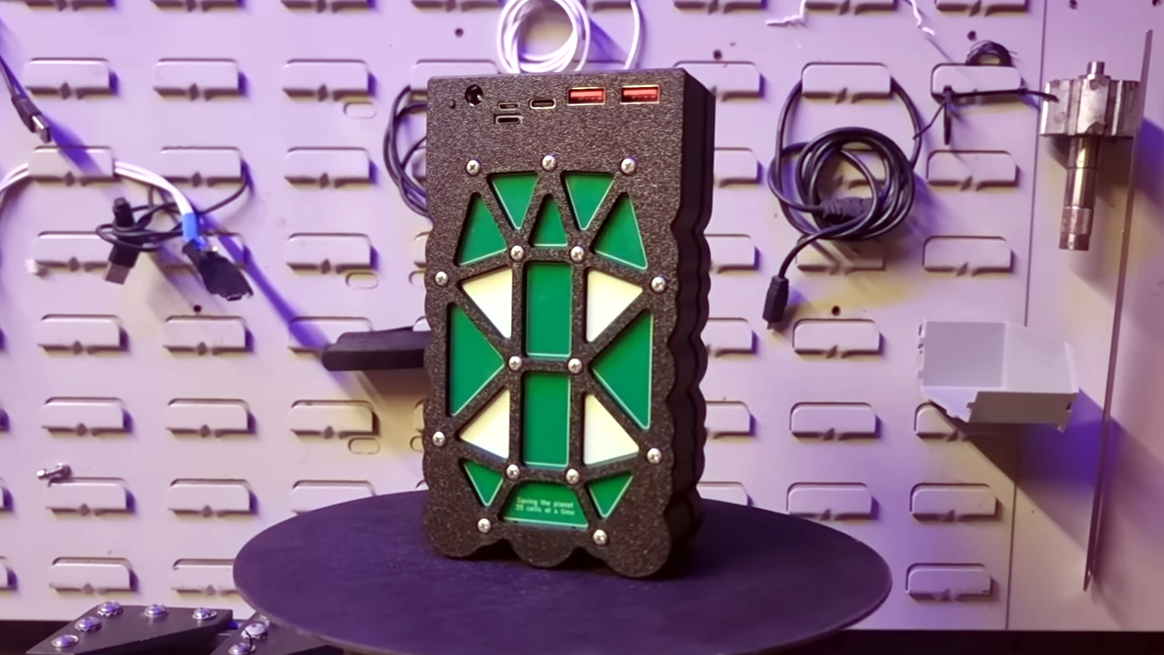

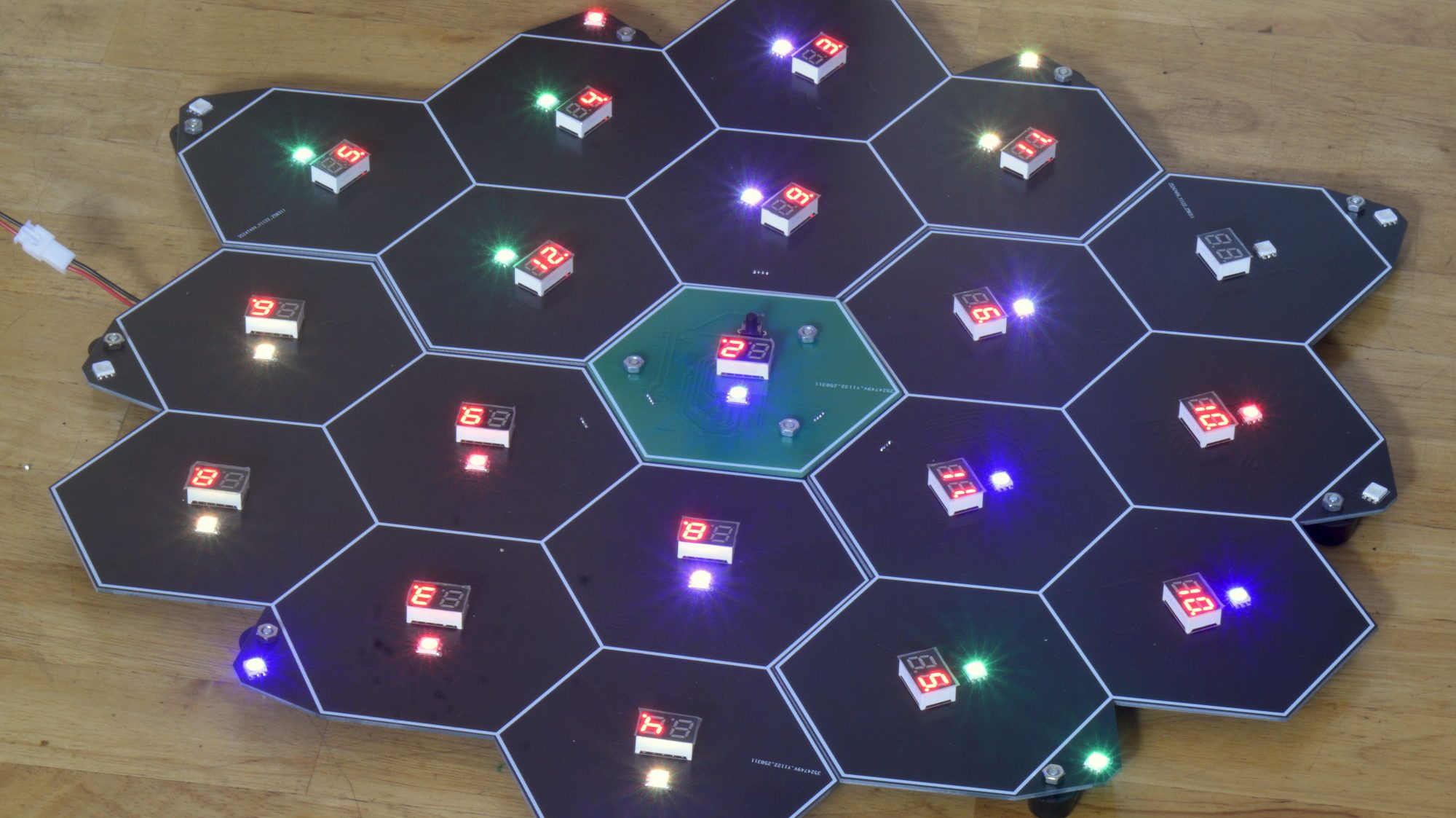
















































 CISO’s Core Focus.webp?#)


_Olekcii_Mach_Alamy.jpg?width=1280&auto=webp&quality=80&disable=upscale#)













































































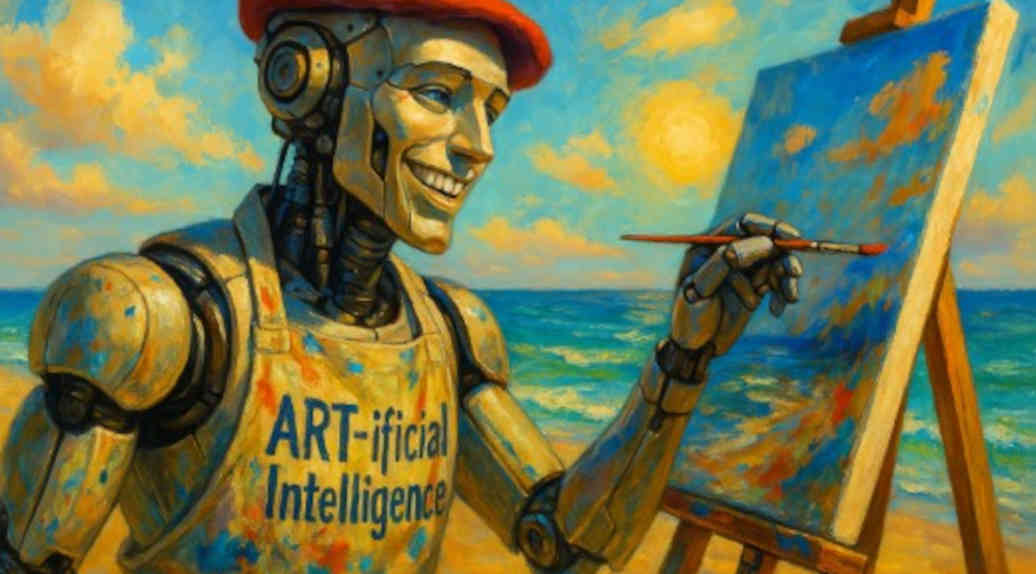





































![[The AI Show Episode 144]: ChatGPT’s New Memory, Shopify CEO’s Leaked “AI First” Memo, Google Cloud Next Releases, o3 and o4-mini Coming Soon & Llama 4’s Rocky Launch](https://www.marketingaiinstitute.com/hubfs/ep%20144%20cover.png)






















































































































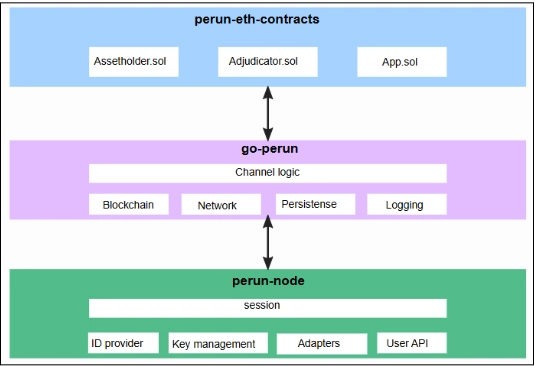














































![[DEALS] Koofr Cloud Storage: Lifetime Subscription (1TB) (80% off) & Other Deals Up To 98% Off – Offers End Soon!](https://www.javacodegeeks.com/wp-content/uploads/2012/12/jcg-logo.jpg)



























-The-Elder-Scrolls-IV-Oblivion-Remastered---Official-Reveal-00-18-14.png?width=1920&height=1920&fit=bounds&quality=70&format=jpg&auto=webp#)

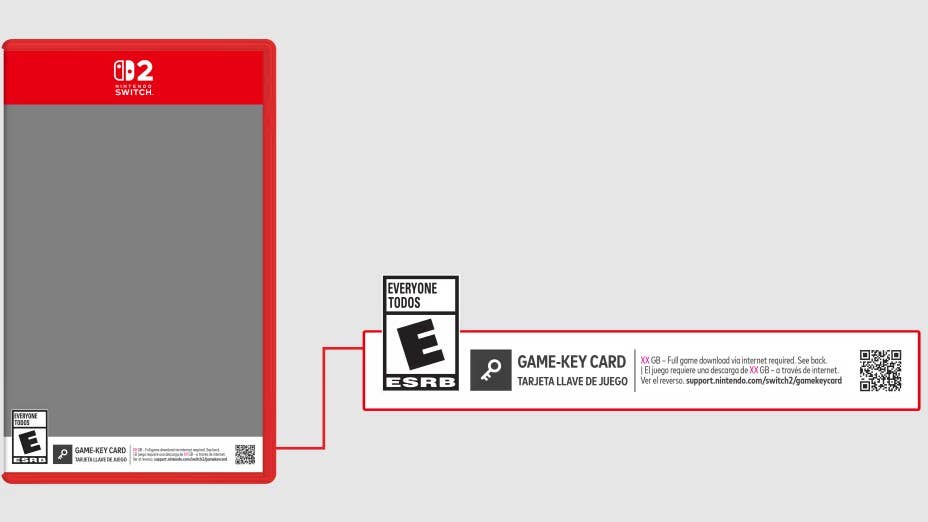

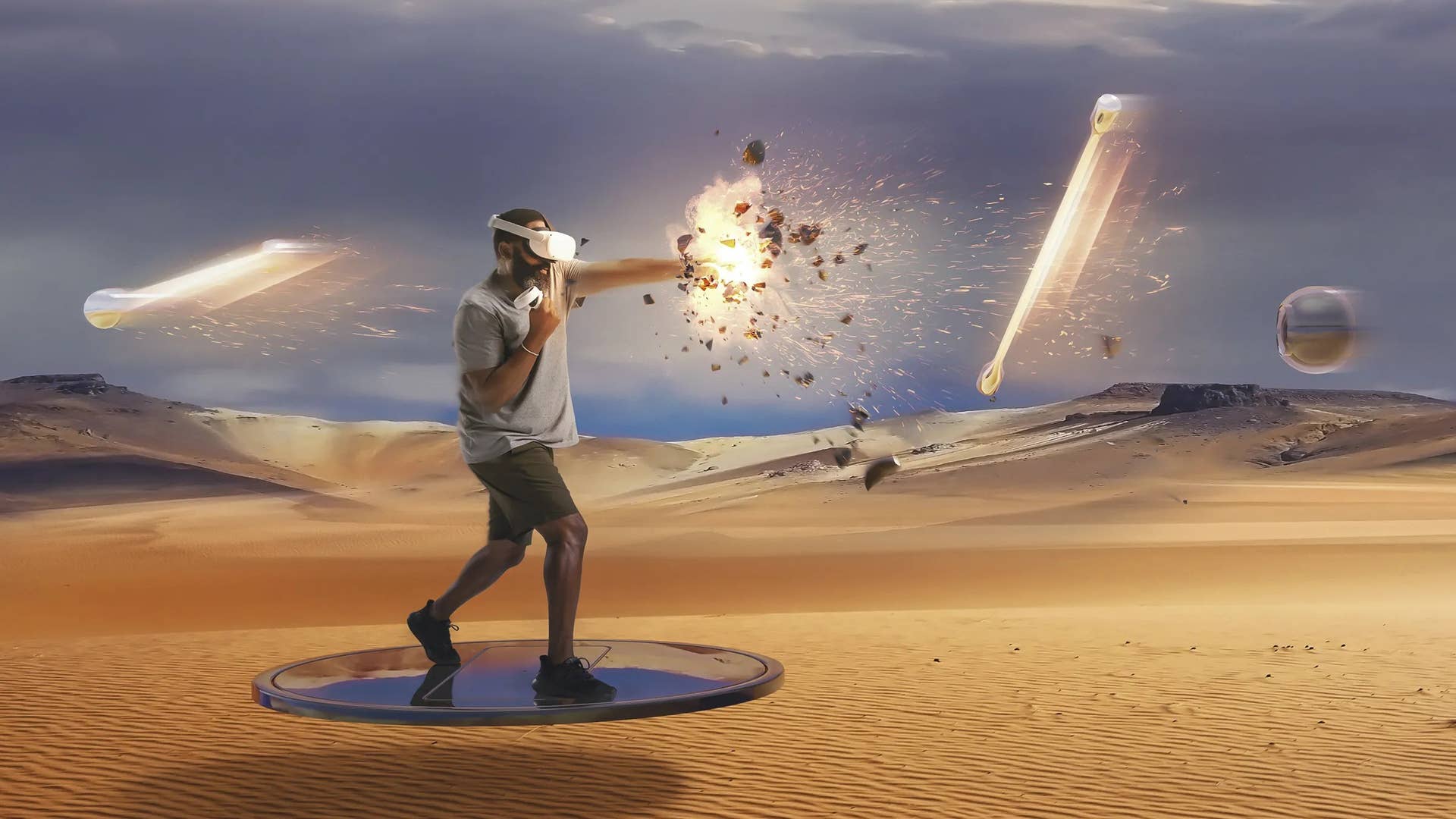



















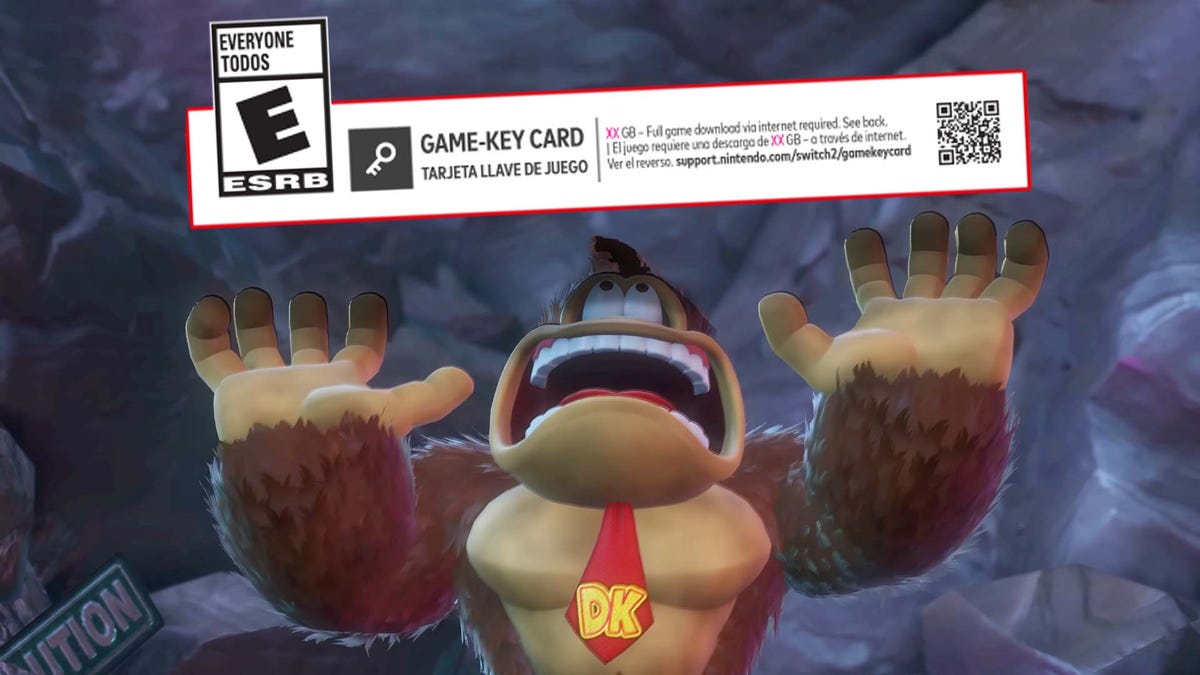

























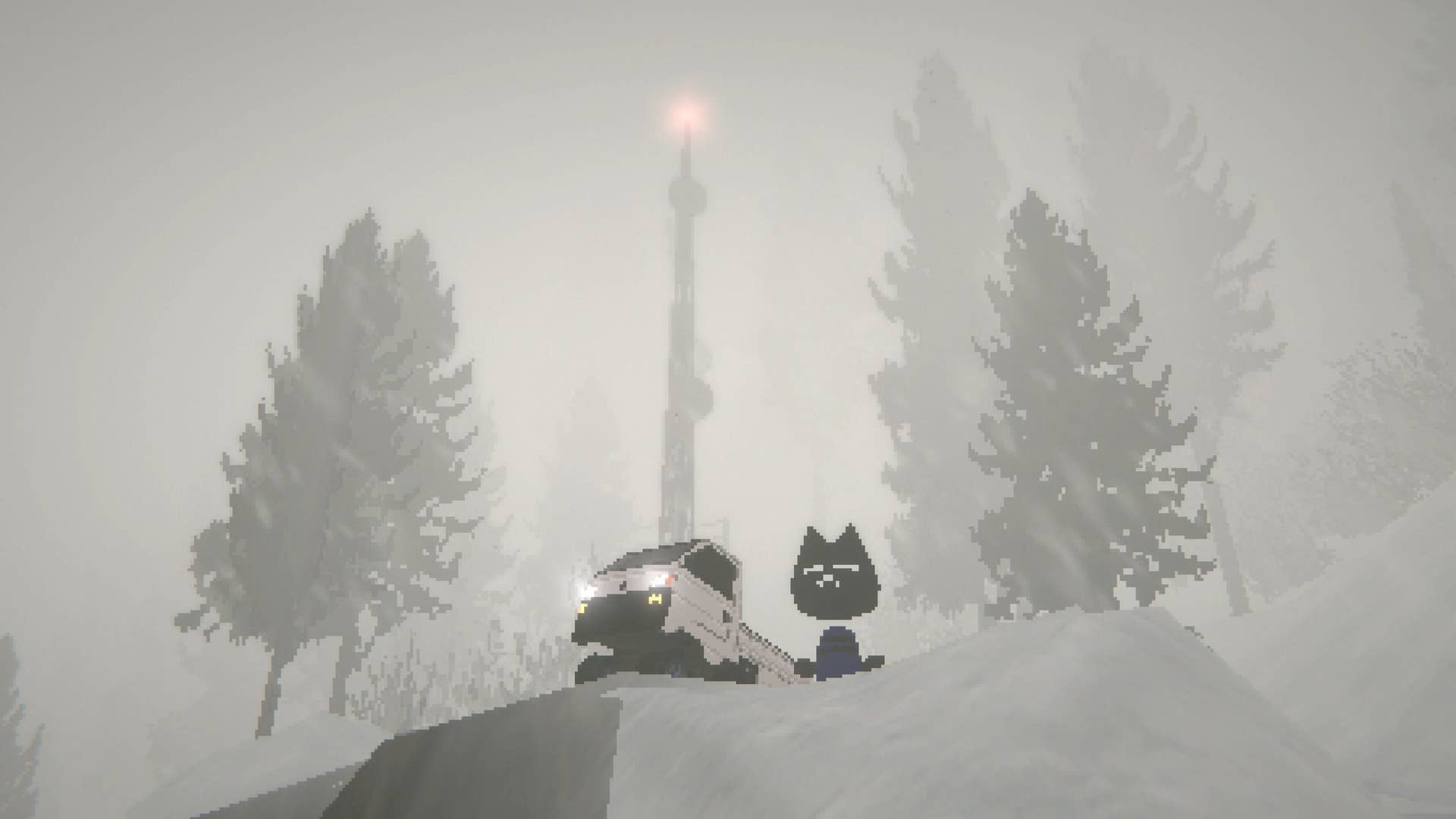










.jpg?width=1920&height=1920&fit=bounds&quality=70&format=jpg&auto=webp#)


